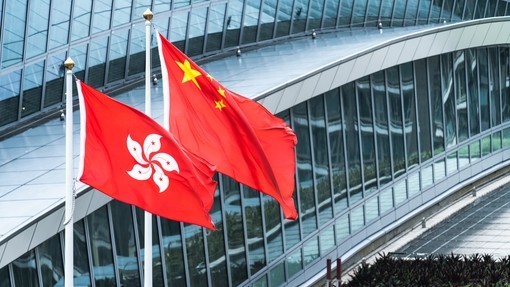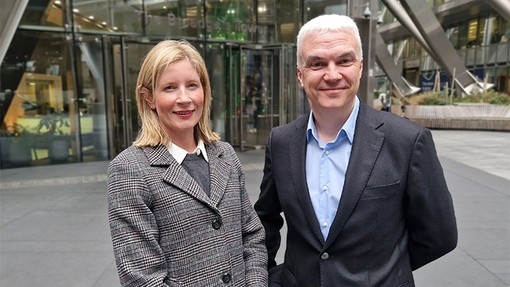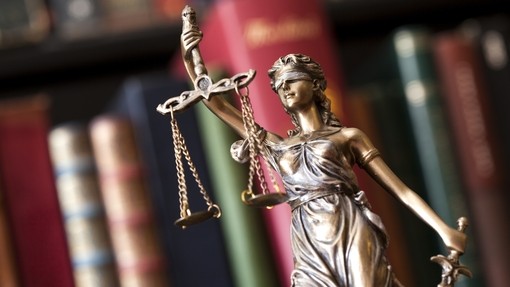Via-not-gogo!

Details
The Competition and Markets Authority (CMA) has responsibility for enforcing key consumer protection legislation and has recently brought successful legal proceedings against the secondary ticket seller, Viagogo, for breach of consumer protection law pursuant to Part 8 of the Enterprise Act 2002.
Background
Key consumer protection legislation includes the Consumer Rights Act 2015 (CRA), the Consumer Contracts (Information, Cancellation and Additional Charges) Regulations 2013 (CCRs), the Consumer Protection from Unfair Trading Regulations 2008 (CPRs) and the Electronic Commerce (EC Directive) Regulations 2002 (ECRs). The CMA has a mandate to enforce this legislation through the courts, and where appropriate, obtain additional measures to improve consumer choice, ensure compliance with the law or obtain redress for consumers.
Viagogo and other secondary ticket sellers have often been criticised for providing the platform for touts to harvest tickets and exploit high demand by charging inflated prices. In June 2018, FIFA filed a complaint against Viagogo in respect of sales of World Cup tickets in Russia. Such high-profile complaints coincided with the CMA’s investigation into Viagogo and other secondary ticket sellers regarding alleged breaches of consumer protection law. Despite the threat of court action, CMA confirmed that Viagogo had failed to make necessary changes and subsequently took appropriate legal action.
Legal action
The CMA formally launched legal action against Viagogo in August 2018. It sought a court order to make Viagogo change its practices.
The CMA secured a court order that will force Viagogo to give all of its consumers more information, notably:
- informing ticket purchasers if there is a risk that they could be refused entry at the door of an event
- informing customers which seat they will be allocated in a given venue prior to purchase
- providing information in respect of who is selling the ticket to allow customers the benefit of enhanced rights
- prohibiting the disclosure of misleading information about the availability and popularity of an event
- facilitating the recovery of monies pursuant to Viagogo’s guarantee when things go wrong
- preventing the sale of tickets where there are ownership issues
The order was granted after Viagogo agreed to address all of the CMA’s concerns which negated the need for a full, final, and what would have been a high, profile hearing.
The order will help ensure that consumers’ rights are protected quickly without recourse to further action. In particular, it is hoped that the directed practices will ensure that Viagogo does not repeat historic failures to correctly inform its customers of the face value of tickets bought online.
The order against Viagogo followed formal commitments provided by other large secondary ticketing websites to issue better information about the resale of tickets.
CMA - next steps
As of January 2019, Viagogo (together with StubHub and Ticketmaster) were all required to have overhauled their processes.
The CMA is now undertaking a comprehensive review of all of the changes each website operator has made to ensure that they have all fully complied with the formal commitments given to the CMA. This will be followed by annual reviews. Once complete, the reviews will be reported by the CMA.
If the required changes have not taken place, the CMA has confirmed that it will take further action. If Viagogo fails to comply with the court order, the company could face a fine and/ or certain individuals could face imprisonment.
Practical advice
The CMA has written an open letter targeting all secondary ticketing website operators to inform them of the outcomes of the CMA’s investigations into the secondary ticket market and to remind them of their obligations.
For the avoidance of doubt, if a website facilitates the resale of tickets, then it is considered a secondary ticket provider.
The CMA has recommended that the following steps are to be taken by secondary ticket websites to ensure that they adhere to consumer protection law:
- Make checks before people can list tickets
- require sellers provide important information before they can list tickets
- give important information to buyers
- take action when notified of a problem
- review the provision of guarantees
- accurately confirm the availability and popularity of tickets
These steps are not intended to be exhaustive and are no substitute for legal advice. All ticket providers should review their practices to ensure compliance with the law.





